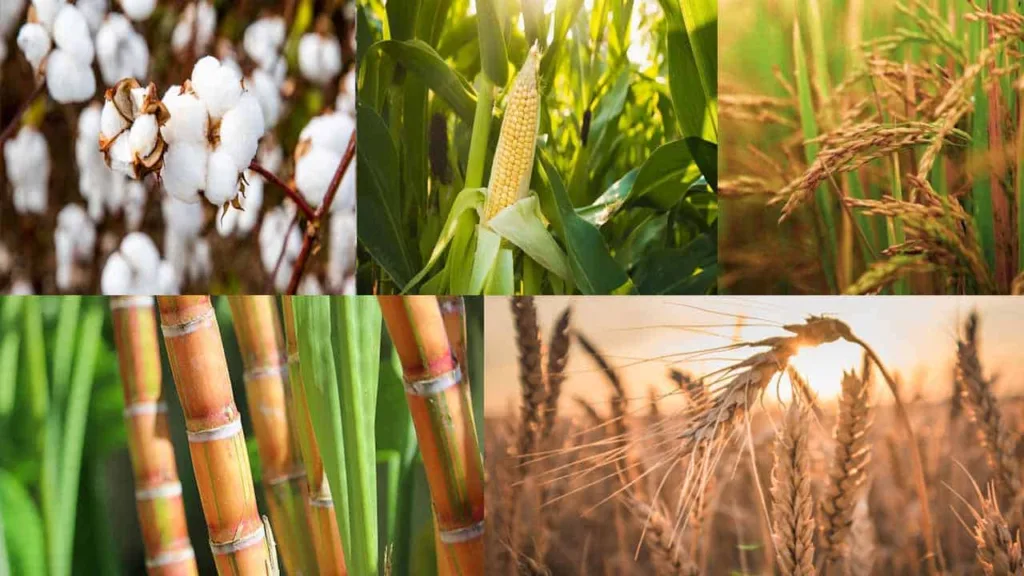Introduction
Pakistan is an agrarian economy where agriculture plays a pivotal role in supporting the livelihoods of a significant portion of the population. The country’s diverse climate and fertile land make it conducive to the cultivation of various crops. In recent years, Pakistan has emerged as a significant player in global agricultural markets, with several key products driving its export trends.
Major Agriculture Productions
Rice:

Pakistan is one of the world’s largest producers and exporters of rice. Basmati rice better known for its distinctive aroma and long grains, is a flagship product that has gained international acclaim. The major rice-producing regions in Pakistan include Punjab and Sindh. The country consistently exports substantial quantities of Basmati and non-Basmati rice to countries in the Middle East, Europe, and Asia. Pakistan has exported rice for the amount of USD 2179.29 Million in Year 2022-2023 (source: Trade Development Authority of Pakistan).
Textile and Cotton:
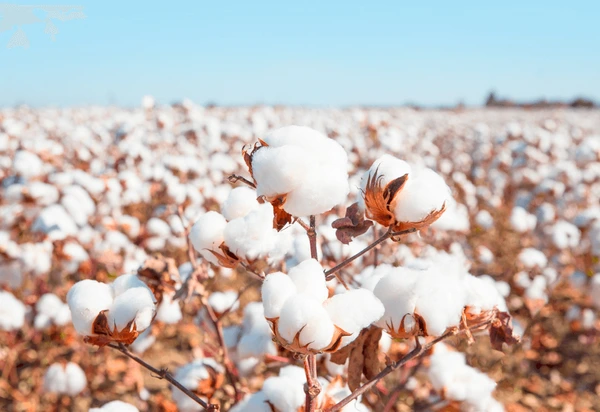
Cotton is a crucial cash crop in Pakistan, contributing significantly to the textile industry. The country is among the top cotton-producing nations globally. The textile sector, heavily reliant on cotton, is a major contributor to Pakistan’s GDP and a significant source of employment. Pakistan exports textile products, including garments and fabrics to various countries, making it a key player in the global textile market. USD 3373.95 Million revenue has been generated from exporting cotton in year 2022-2023 (Source: Trend Economy).
Wheat:
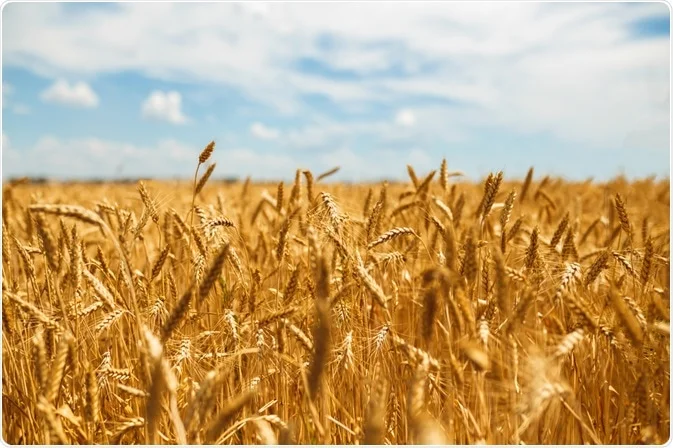
Wheat is a staple food in Pakistan Agriculture Industry and the country is largely self-sufficient in wheat production. In past three years, Pakistan could not produced significant surplus wheat and exports declined. Pakistan has generated revenue of USD 122 Million in 2019-2020 by exporting wheat to Afghanistan, Central Asian countries and the Middle East. However, revenue in 2022-2023 declined to USD 340 Thousand Only (Source: Trend Economy). Reason for declined exports is due to floods and climate conditions in past years. Government is taking major steps to enhance agricultural productivity and storage facilities to ensure improved production of wheat crop and generate significant revenue from agriculture exports.
Fruits and Vegetables:
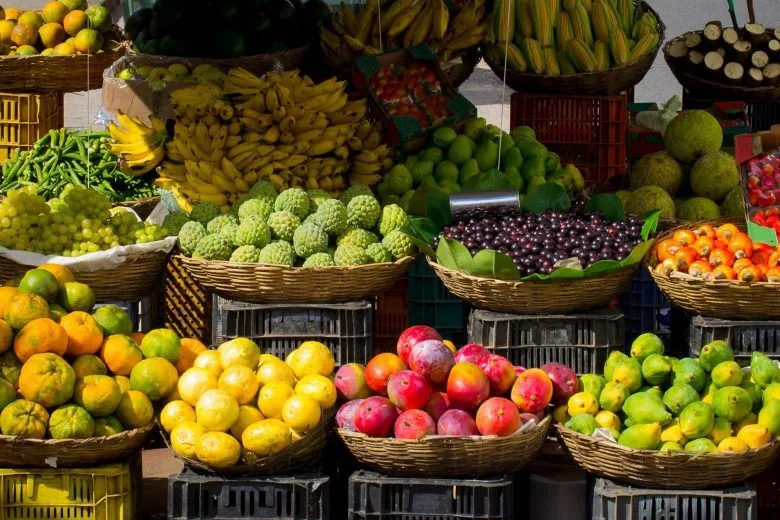
Pakistan is rich in the cultivation of fruits and vegetables due to its diverse agro-climatic conditions. Mangoes, Oranges, apples, potatoes and onions are among the top fruits and vegetables produced in the country. Mangoes in particular, are a major export item produced in southern Punjab. Pakistan being one of the largest exporters of Mangoes globally. Pakistan has generated revenue of USD 280.56 Million through fruits exports and USD 273.27 Million through vegetable exports in 2022-2023 (Source: Trade Development Authority of Pakistan). Government of Pakistan has taken steps to improve the quality and packaging of fruits and vegetables to meet international standards, further boosting export potential in agriculture industry.
Sugarcane and Sugar:
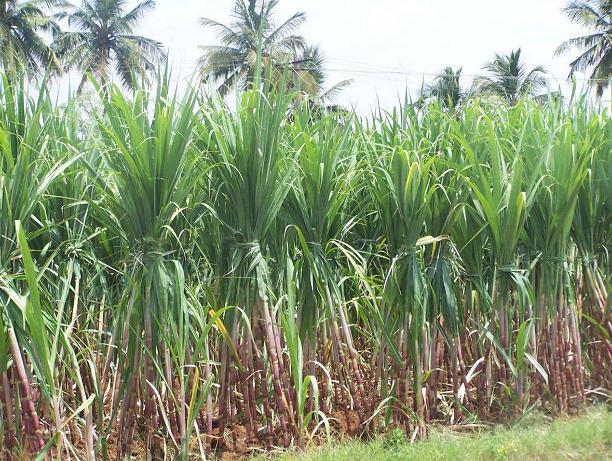
Sugarcane is a major cash crop in Pakistan, and the sugar industry is a significant contributor to the country’s economy. Pakistan is not only self-sufficient in sugar production but also exports sugar to various countries. Revenue generated by exporting sugar and sugarcane in 2022-2023 was USD 251.76 Million (Source: Trend Economy). The sugar industry however, has faced challenges related to fluctuating prices and policy issues. Government interventions and reforms are being implemented to address these challenges and ensure the sustainability of the sugar sector.
See Also: Revolution in Agriculture Industry: Critical Role of Artificial Intelligence
Challenges and Future Outlook
While Pakistan has made significant strides in agricultural production and exports however, challenges such as water scarcity, outdated farming practices and insufficient infrastructure persist. The government is actively working on implementing agricultural reforms to address these issues and enhance the competitiveness of the agricultural sector.
In conclusion, Pakistan’s agriculture sector continues to be a vital component of the country’s economy, providing employment to a large portion of the population and contributing significantly to export earnings. By addressing challenges and embracing sustainable practices, Pakistan can further strengthen its position in global agricultural markets and ensure the continued prosperity of its agricultural sector.

